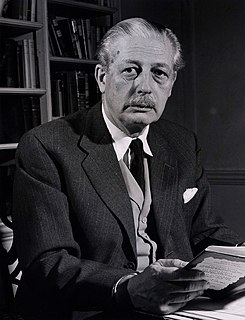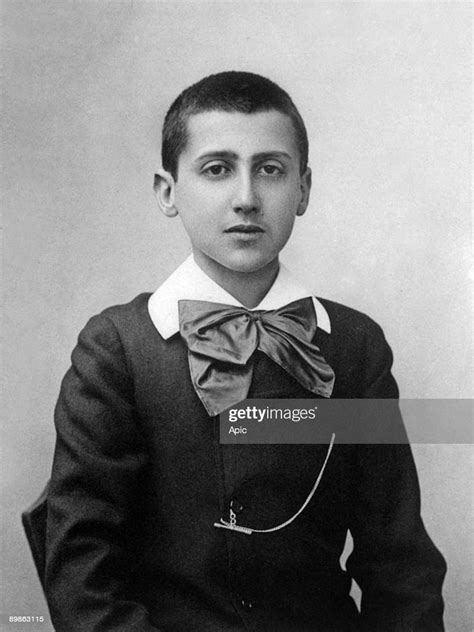A Quote by Albert Camus
The evil that is in the world almost always comes of ignorance, and good intentions may do as much harm as malevolence if they lack understanding.
Quote Topics
Related Quotes
The Second Rule is that the greatest harm can result from the best intentions. It sounds a paradox, but kindness and good intentions can be an insidious path to destruction. Sometimes doing what seems right is wrong, and can cause harm. The only counter to it is knowledge, wisdom, forethought, and understanding the First Rule. Even then, that is not always enough.
Cosmic evolution may teach us how the good and evil tendencies of man may have come about; but, in itself, it is incompetent to furnish any better reason why what we call good is preferable to what we call evil than we had before. Some day, I doubt not, we shall arrive at an understanding of the evolution of the aesthetic faculty; but all the understanding in the world will neither increase nor diminish the force of the intuition that this is beautiful and that is ugly.
Let us face squarely the paradox that the world which goes to war is a world, usually genuinely desiring peace. War is the outcome, not mainly of evil intentions, but on the whole of good intentions which miscarry or are frustrated. It is made not usually by evil men knowing themselves to be wrong, but is the outcome of policies pursued by good men usually passionately convinced that they are right.
In this world, there is no absolute good, no absolute evil," the man said. "Good and evil are not fixed, stable entities, but are continually trading places. A good may be transformed into an evil in the next second. And vice versa. Such was the way of the world that Dostoevsky depicted in The Brothers Karamazov. The most important thing is to maintain the balance between the constantly moving good and evil. If you lean too much in either direction, it becomes difficult to maintain actual morals. Indeed, balance itself is the good.
A Foreign Secretaryand this applies also to a prospective Foreign Secretaryis always faced with this cruel dilemma. Nothing he can say can do very much good, and almost anything he may say may do a great deal of harm. Anything he says that is not obvious is dangerous; whatever is not trite is risky. He is forever poised between the cliche and the indiscretion.
Evil denotes the lack of good. Not every absence of good is an evil, for absence may be taken either in a purely negative or in aprivative sense. Mere negation does not display the character of evil, otherwise nonexistents would be evil and moreover, a thing would be evil for not possessing the goodness of something else, which would mean that man is bad for not having the strength of a lion or the speed of a wild goat. But what is evil is privation; in this sense blindness means the privation of sight.
Evil is easily discovered; there is an infinite variety; good is almost unique. But some kinds of evil are almost as difficult to discover as that which we call good; and often particular evil of this class passes for good. It needs even a certain greatness of soul to attain to this, as to that which is good.
While God is not the author of evil and He never prompts or condones sin, nothing occurs without His sovereign oversight. Others may choose to do evil deeds and God's people may suffer in the short term, but He will transform the evil intentions of evil people into opportunities for the enrichment of those in His care.
The hell of human suffering, evil and oppression is paved with good intentions. The men who have most injured and oppressed humanity, who have most deeply sinned against it, were according to their standards and their conscience good men; what was bad in them, what wrought moral evil and cruelty, treason to truth and progress, was not at all in their intentions, in their purpose, in their personal character, but in their opinions.







































